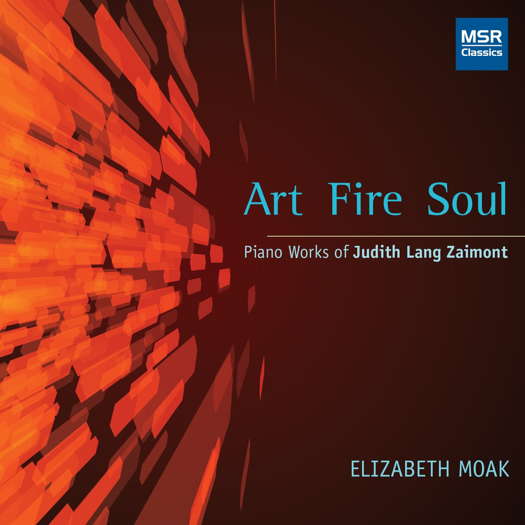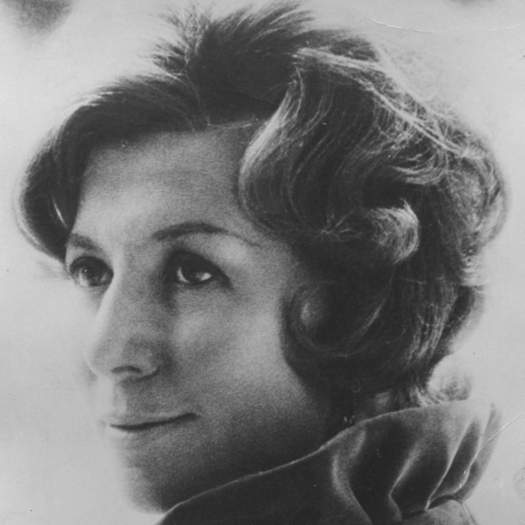 SPONSORED: CD Spotlight. An Encyclopedic Recital - Elizabeth Moak plays Judith Lang Zaimont, heard by the late Howard Smith.
SPONSORED: CD Spotlight. An Encyclopedic Recital - Elizabeth Moak plays Judith Lang Zaimont, heard by the late Howard Smith.
All sponsored features >>
Emily Howard
British composer Emily Howard was born in Liverpool on 23 February 1979. She studied mathematics and computer science at Oxford University, then music at the Royal Northern College of Music and at Manchester University.
She was commissioned to write music for the Royal Liverpool Philharmonic Orchestra when Liverpool was to become European Capital of Culture in 2008. The result was the work Magnetite (2007). She has gone on to win recognition from the Paul Hamlyn Foundation and two British Composer Awards.
Other important works are Antisphere, commissioned by the Barbican for Simon Rattle and the London Symphony Orchestra, Torus, commissioned by the 2016 BBC Proms, and two chamber operas - To See The Invisible (2018), commissioned by the Aldeburgh Festival, and Zátopek!, commissioned for the 2012 London Cultural Olympiad.
Her music is known for its powerful word-setting - she has set poetry by Michael Symmons Roberts in The Anvil: An Elegy for Peterloo (2019) and Elliptics (2022), and also words by mathematician Ada Lovelace in But then, what are these numbers?
She is also known for using mathematical shapes and processes in her music, and links between maths and music are the focus of her research centre, PRiSM at the Royal Northern College of Music, which she founded with mathematician Marcus du Sautoy. Emily Howard is the director of PRiSM and professor of composition at the Royal Northern College of Music.
Further information: emilyhoward.com
A selection of articles about Emily Howard
Classical music news. Imogen Holst and John McCabe - News of a rediscovered concerto and a new book
Spotlight. Evocative and Quite Compelling - On the basis of the two works heard here, Geoff Pearce believes that Emily Howard's music will stand the test of time. '... the assembled forces have done a splendid job in delivering a rather startling performance.'
CD Spotlight. Avowedly Definitive - John McCabe plays his own 'Tenebrae', heard by Howard Smith. '... imbued with anger and monumental in both structure and outlook ...'
Ensemble. Searing Eloquence - A centenary performance of Elgar's Violin Concerto, heard by Robert Anderson


